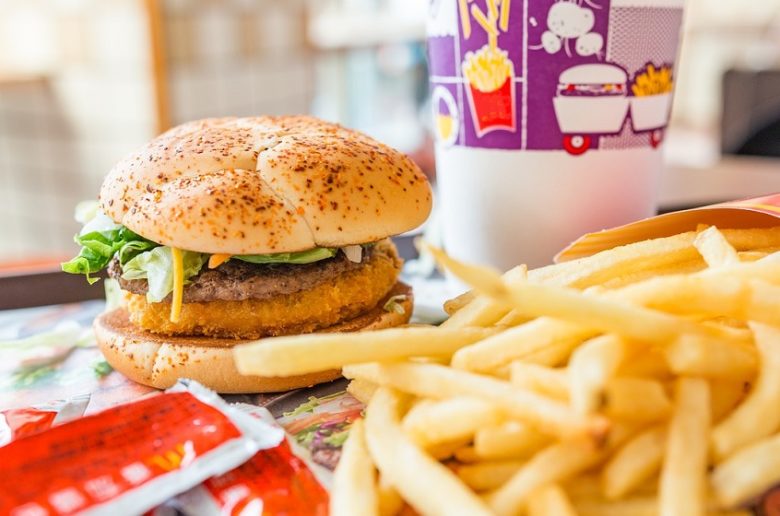Do you recall a moment when you had watched a commercial of new base cheese pizza or a new flavoured soft drink and you had decided (and you did) to try it out within days or weeks? If yes, then you are not alone, today a large urban population across the globe is silently and unknowingly adopting emotional eating.
Emotional eating refers to the eating of food to make ourselves feel better, i.e. to eat to satisfy emotional needs, rather than to satisfy physical hunger.
According to India’s leading dietician, weight loss expert, and nutritionist, Avni Kaul, “Occasionally using food as a reward, or to celebrate isn’t a bad thing. But when people make eating their primary emotional coping mechanism, their first impulse when they feel stressed, upset, angry, lonely, exhausted, or bored is to open the refrigerator and look for chocolates, soft drinks, leftover pizza, etc.—then they get stuck in an unhealthy eating cycle.
Nutritionist Avni Kaul adds that emotional hunger can’t be filled with food, eating may make a person momentarily feel good, but the feelings that have triggered eating will continue to remain inside them. Ms. Kaul further adds that today, unfortunately, kids are the biggest victims of emotional eating and that is causing weight issues, diabetes, hypertension, depressio,n and other physical and emotional problems in them.
So how parents can stop their kids from emotional eating?
The good news is that if parents become aware of emotional eating patterns in their kids then families can work together to curtail it. Here are several key things Nutritionist Avni says parents can do:
1. Limit Television watching
There is a direct relationship between watching TV and overeating. At one end TV commercials encourage kids to have unhealthy fast and processed food and on the other end, television encourages snacking habits – i.e. kids keep on munching snacks regardless of hunger while their eyes get glued on the TV screen. According to most Pediatrics studies, children should not sit in front of the screen for more than 2 hours a day and that includes TV, Video Games, and mobile phone screens. Hence limit screen time and encourage kids to play outdoor games.
2. Change food storing habits
Make a rule at home for not storing junk or processed food like potato chips, soft drinks, and bakeries. Rather keep seasonal fruits on the dining table and store refrigerator with lime and salted sprouts, corn / chicken/ vegetable salads for snack time.
3. Be careful as to how you “use” feeding.
Don’t set rewards as junk or processed foods, if your child has scored A in his/her exam, encourage the kid by gifting a book or sports equipment (skateboard, cycle, football, etc) rather than take him/her to a pizza parlour. If he /she has won an award take him/her go with the child for a cycle ride or go for a family vacation.
4. Early eating habits
If your child is in the primary class, always pack their tiffin box with healthy homemade food, like roti & sabji, paneer stuffed parents etc. Don’t give them processed food in their tiffin, like bread, artificial sweet drinks, biscuits, noodles, etc.
5. Indulge them in outdoor games
If your child is in his / her teenage then changing their habit may need a lot of parent involvement and patience. Hence if your teenager spends most of his/her time at home on a mobile phone or on PC, get yourself involved with them. Like, join a lawn tennis club, go mountain biking with them. Physical activities help the body to release chemicals called endorphins that interact with the receptors in the brain that reduce the perception of pain and trigger a positive feeling in the body.
6. Avoid putting your child on a diet.
If your child is overweight or obese, don’t jump to put him/her on a diet, especially without consulting a doctor and an experienced nutritionist in Delhi, India. Kid’s diet requirement is entirely different from that of adults, they require a fair amount of protein, vitamins, calories, and good fat for their mental and physical growth. First, help your child to get out of emotional eating by following the above points, and improving their food habits.


